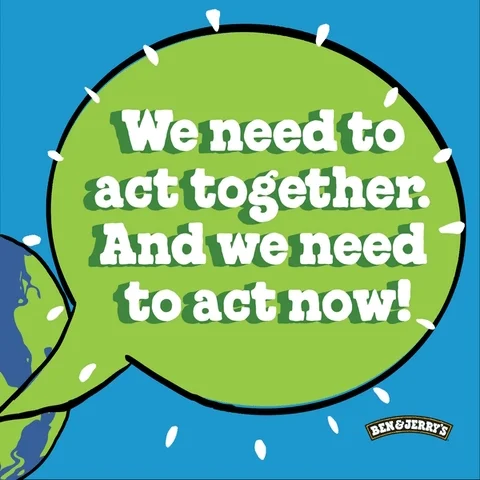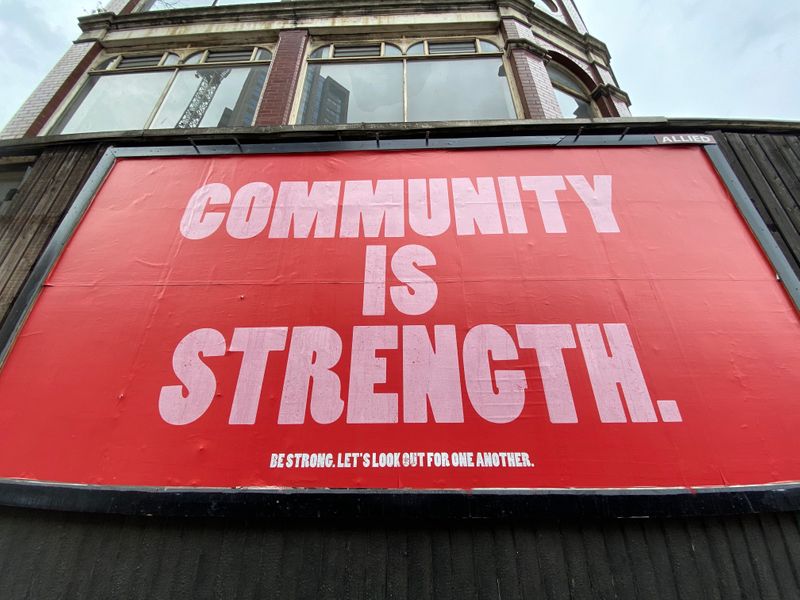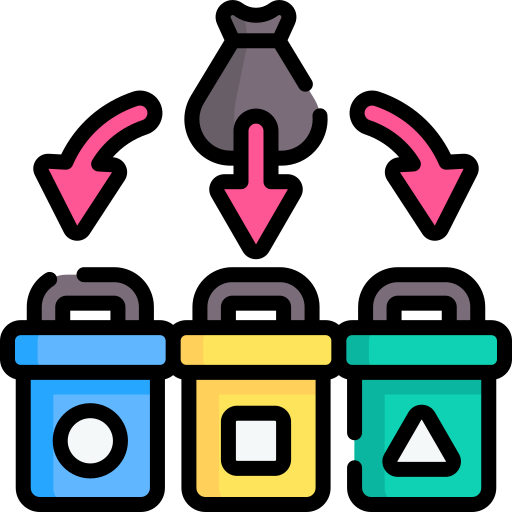Have you ever wondered how your job and your workplace impact the world around you?



Every company's actions have an effect on the community around it, and sometimes on the entire world.

A good company, business, organization, or corporation will consider those actions and do their best to be socially responsible.
What is "Corporate Social Responsibility"?
According to the United Nations Global Compact, corporate social responsibility, or "CSR", "means operating in ways that, at a minimum, meet fundamental responsibilities in the areas of human rights, labor, environment, and anti-corruption."
 Photo by Carl Heyerdahl on Unsplash
Photo by Carl Heyerdahl on UnsplashIn other words, money is not the only consideration when a business does business. Companies should consider their stakeholders as well as their impact on the communities and environment around them.
 Photo by Cytonn Photography on Unsplash
Photo by Cytonn Photography on UnsplashWhat are some examples of CSR?
Donations to worthy causes

Sponsorships and scholarships for local community members

Social initiatives, such as using local suppliers and supporting community goals

Environmental efforts, such as improved energy efficiency and waste reduction

Workplace efforts, such as increasing workplace health and safety, and developing a code of ethics against discrimination


Why Should Corporations Be Responsible?
A company, corporation, organization, or business is really just a group of people working together to do something! Whatever these groups do affects the communities around them.
 Photo by Moritz Lüdtke on Unsplash
Photo by Moritz Lüdtke on UnsplashIf these entities are thoughtful about their actions, the benefits can be:
Internal (company)

Happier, more productive employees
Fewer employees leave the company
Lower costs for production

What Can Employees Do?

There are 4 questionsyou can ask:
Question 1: What is your organization doing right now?

Current efforts could be:
Offering scholarships for local students to attend a trade school.
Using the services of responsible vendors and local businesses.
Question 2: What could your organization do better?
 Possible future efforts could be:
Possible future efforts could be:
Reducing waste by reducing plastic packaging on products.
Sponsoring a volunteer trash clean-up at a local park.
Question 3: What could your organization do first?
Sometimes, changing a company’s routines and processes can be hard. Finding the change that most people can and will make can be effective.

Some quick changes could be:
Switching from plastic silverware to bamboo or reusable silverware.
Encouraging employees to bring reusable coffee mugs to the office.
Long-term changes may require an action plan.
Question 4: How will your organization know that a change is helping?
It’s not always easy to see the impact changes have right away. Creating metrics, or measurements of progress, can help you see it!
 Metrics could be:
Metrics could be:
Measuring how much less trash is created after employees start to bring their own mugs.
Comparing the number of customers who use your business before and after the volunteer clean-up.
Seeing how many scholarship students finish their trade schooling and come to work for the company, or in the same field.
Quiz: What Can Hassan Do?
Let’s help someone make his workplace more socially and environmentally friendly.
Hassan just started his job as a manager in a packaging plant. He notices that other workers sometimes use large boxes for small items, which wastes a lot of packing material.
 (Image by storyset on Freepik)
(Image by storyset on Freepik)
Hassan also notices that the packing material they use to fill each box is made of plastic.
 Photo by Wander Fleur on Unsplash
Photo by Wander Fleur on UnsplashWhat can Hassan do?
A) Ask why large boxes are used for small items.
B) Suggest they switch packing material from plastic to paper.
C) Start using old rags as packing material to reduce waste.
D) Stock some smaller boxes in the packing area.
Quiz
Select all that apply.
Take Action
Corporate social responsibility (CSR) can start with small steps made by caring employees.
 Photo by John Cameron on Unsplash
Photo by John Cameron on UnsplashWhat can your workplace do to be more socially and environmentally responsible?
Your feedback matters to us.
This Byte helped me better understand the topic.


